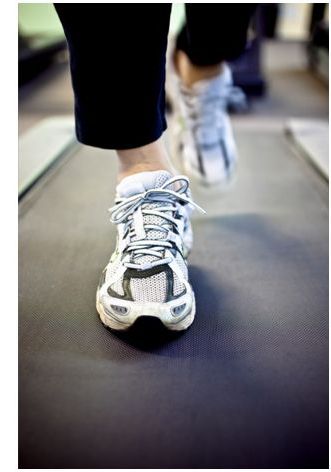Sports Injuries

For advice on managing your sports injury or to speak with our sports physiotherapists, call us on 0208 869 0000
Sports Injuries are becoming more and more common as we continue to lead fit and healthy lifestyles.
 At The Sherwood Clinic, our sports physiotherapist with extensive experience in the assessment and treatment of sports injuries will see you. Our knowledge of anatomy, biomechanics and physiology enables us to not only assess your specific injury but your overall posture, alignment and muscle balance. This is essential in the prevention of further injury and to optimize your performance as an athlete.
At The Sherwood Clinic, our sports physiotherapist with extensive experience in the assessment and treatment of sports injuries will see you. Our knowledge of anatomy, biomechanics and physiology enables us to not only assess your specific injury but your overall posture, alignment and muscle balance. This is essential in the prevention of further injury and to optimize your performance as an athlete.
Without proper rehabilitation, the individual may return to sport too soon, with residual instability, weakness and imbalance. Individual programmes must be planned and implemented. It is obvious that prevention is better than cure. Our physiotherapists will always advise the patient on how to prevent recurrence of the injury on return to sport.
Early and effective treatment is essential not only for the serious athlete, but for the individual who enjoys exercise at any level. On so many levels, it is after all, a good thing to keep active, and at our clinics physiotherapists will guide you with a rehab programme, ensuring you remain active.
Running
Running is a common sport, which has many benefits to one’s health. Who would have thought that the repetitive action of running could cause many injuries from head to toe! Some common running injuries are shin splints, tendonitis and stress fractures which are due to overuse… they can be avoided.
- Common causes of these injuries include:
- Inappropriate training timetables
- Sudden change of speed, direction or distance
- Incorrect choice of footwear
Tips to help reduce risk of injury:
- Follow a structured training program.
- Warm up and stretch muscles before and after each run
- Gradually increase speed and distance
- nclude rest days in your schedule
Footwear is the key to avoiding injury. Our physiotherapists and our podiatrist can recommend insoles and assess any alterations in the biomechanics of your feet. They will also provide you with an individually tailored exercise program and use a variety of pain relieving methods. If you experience pain, do not run through it. Always seek medical attention if pain persists.
Tennis
 Tennis is a popular summer sport, becoming more and more favoured by young children. Common injuries a tennis player will experience are at the wrist, elbow and shoulder; these include tennis elbow, wrist tendonitis, frozen shoulder and rotator cuff bursitis.
Tennis is a popular summer sport, becoming more and more favoured by young children. Common injuries a tennis player will experience are at the wrist, elbow and shoulder; these include tennis elbow, wrist tendonitis, frozen shoulder and rotator cuff bursitis.
Some factors increase the likelihood of injury:
- Failure to warm and stretch muscles.
- Incorrect technique
- Overuse- playing for too long, too many times a week.
- Incorrect equipment.
- Unsuitable environment.
To avoid injuries:
- Warm-up and stretch main muscle groups.
- Ensure you have learnt the correct technique to play tennis.
- Ensure you have rest days and time your sessions effectively.
- Make sure your racquet is measured to suit you height and appropriate footwear is worn.
- Try not to play on windy or wet days.
If injury occurs, stop playing immediately to prevent further damage and seek medical advice. At Sherwood the physiotherapy team will be able to treat and relieve pain, and other members of the team will be on hand to provide their services.
Golf
The repetitive action of swinging a golf club may not seem like it could do much damage, but golf leads to many overuse injuries. Analyzing a golfer’s swing, one can appreciate the power required and the number of muscle groups being affected by the process. Common Golf Injuries include golfer’s elbow, tendonitis, frozen shoulder and blisters.
Common Causes of golf related injuries
- Incorrect footwear
- Incorrect or lack of hand protection
- Poor posture and technique
- Exerting a strain
Methods of Reducing Risk of Injuries
- When starting out be sure that your technique is not flawed. It is advised to seek help from a coach to get the basics correct
- Warm up and stretch thoroughly before start and stretch after.
- Do not dismiss twinges and strains in the body and continue playing, seek a medical opinion
- Wear the appropriate footwear and glove to prevent blisters

